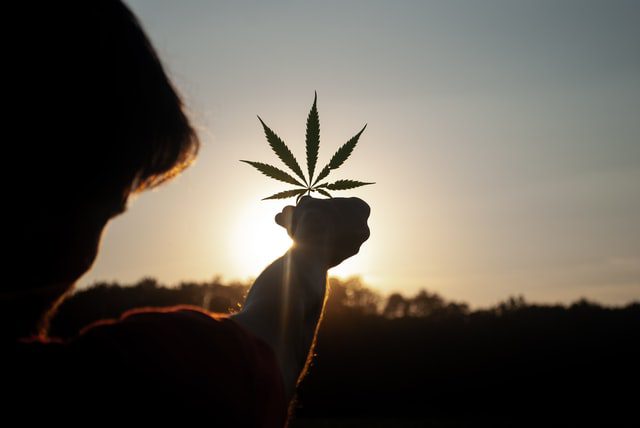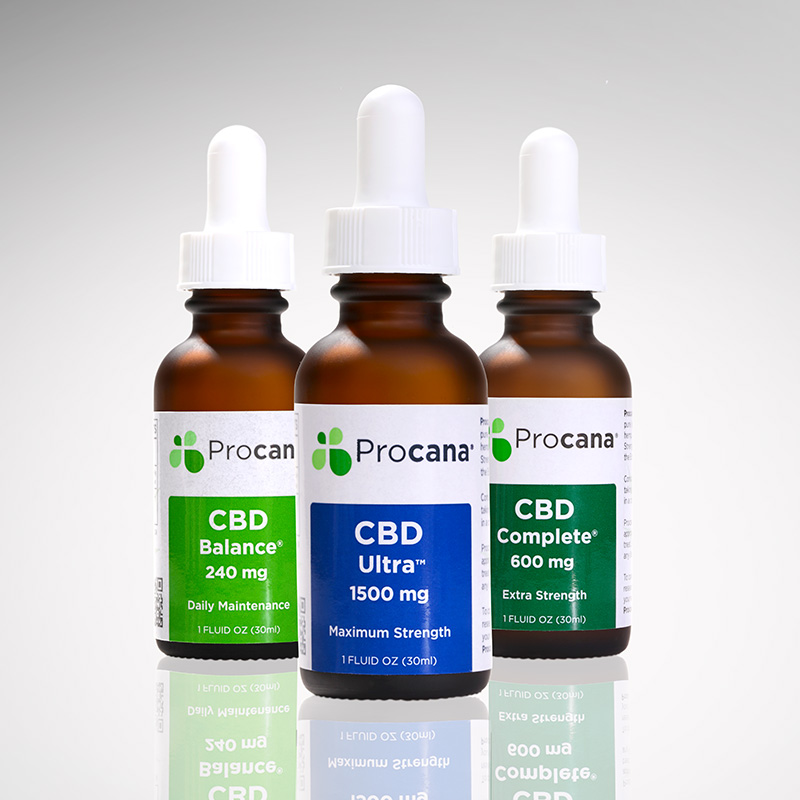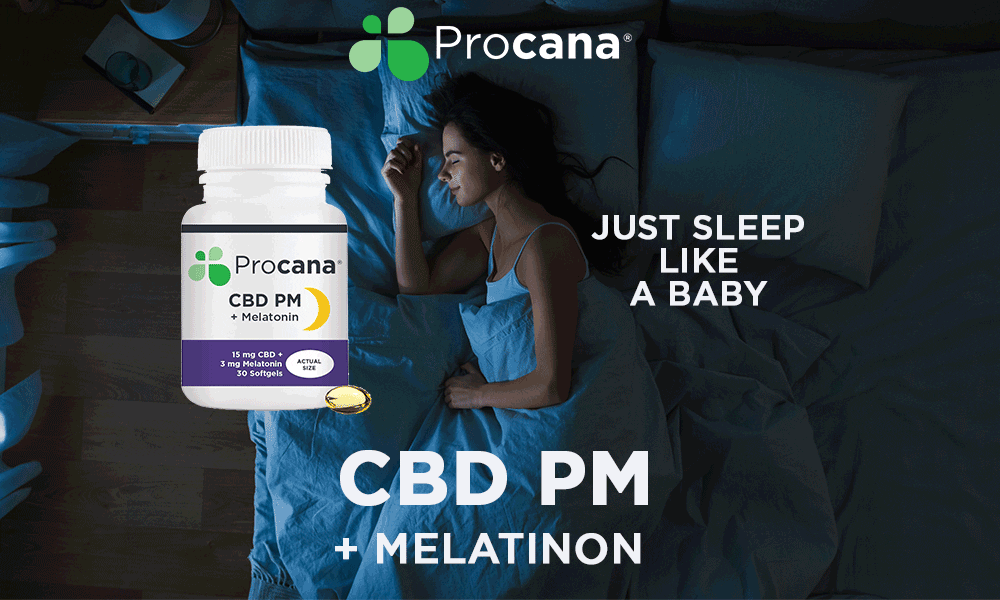CBD products are getting more popular everyday. Nowadays, CBD being utilized to assist in helping alleviate many ailments and health issues. The cannabis plant has a rough past as it was banned in 1920 in many U.S. states, and eventually, the federal government also banned this herb from use under any condition. That means that cannabis was illegal even for medical purposes until 1970. Later, the regulators were allowed to use it only for medical purposes. Nowadays, the cannabis landscape is quite different due to the Farm Bill of 2018. This bill clearly creates a definition of hemp and marijuana (two forms of the cannabis plant). In the past, both hemp and Marijuana were illegal.
Hemp is now legal under federal law as it does not produce the psychoactive, head-high, that is found in Marijuana. This Farm Bill legalized the farming and use of industrial hemp. This law also paved the path for legalizing the medical and recreational use of cannabis at the state level. CBD is one of the cannabinoids present in the cannabis plant. CBD is well known for its various health benefits. CBD and its products derived from the hemp plant and having less than 0.3 percent THC are legal. So you can say that CBD products from any other source and having more than 0.3 percent THC is illegal. When it comes to CBD products, the same rule also applies, but there is another thing to keep in mind: different states have different laws regarding CBD oil and other CBD products. Yes, along with federal law, you have to understand the laws of the state as well.
Is CBD Oil Legal In All States?
The Farm Bill of 2008 was a revolutionary bill. According to this bill, the manufacturing and transportation of CBD products are now legal on a federal level. CBD products, including CBD oil, must be made from hemp and have less than 0.3 percent THC. Legalization on a federal level meant that it applied to all fifty states, but the scenario is a little bit different. Some states consider CBD products derived from the hemp plant legal to possess; however, some have a lot of strict restrictions and regulations.
Following are some states where CBD is legal for medicinal purposes and even recreational purposes.
- Alaska; CBD and CBD products, including CBD oil, are legal in Alaska. You can easily buy and use CBD products, but you should not be under 18 or, in some cases, 21 is the legal age.
- Arizona; CBD oil is legal in Arizona, and there are no strict rules regarding hemp-derived CBD and its products.
- California; in California, all CBD products, including CBD oil, are legal; it does not matter whether they come from hemp or are sourced from Marijuana. So there is a contradiction between state law and federal law.
- Colorado; this state has a medical marijuana program. Recreational Marijuana is also legal. CBD products both from hemp and Marijuana are legal.
- District of Columbia; CBD oil is legal in the District of Columbia, Regardless of source. Again, state laws are contradictory to federal laws.
- Illinois; you must be 21 to buy any CBD product. Moreover, CBD oil is legal if it comes from hemp and has less than 0.3 percent THC.
- Maine; you can buy CBD products from stores and online as well. CBD oil is legal as well as medical Marijuana is also legal.
- Massachusetts; CBD oil is legal in Massachusetts regardless of its source. Both hemp and Marijuana are legal under state law.
- Michigan; CBD oil is legal in Michigan, and you can buy it without a doctor’s prescription. Marijuana CBD oil is also legal, but you can’t get it without a doctor’s prescription.
- Montana; CBD oil is legal there, and you can even buy CBD oil with a higher level of THC.
- Nevada; both hemp-based and marijuana-based CBD is legal. You don’t need a doctor’s prescription to get Marijuana-based oil.
- New Jersey; hemp-derived CBD oil is legal in New Jersey. Marijuana-based CBD oil is accessible only to the persons registered in New Jersey’s medical marijuana program.
- Oregon; this ate has very relaxed cannabis laws. If you are looking for CBD oil from different sources, then you are in the right state.
- South Dakota; hemp-based CBD products, including CBD oil, are legal in South Dakota.
- Vermont; Vermont is one of the best states for cannabis users. The lawmakers in Vermont have legalized Cannabis for all purposes,
- Virginia; hemp-derived CBD oil, having less than 0.3 percent THC, is legal. They follow the same guideline of federal law.
- Washington; Hemp-derived CBD oil is legal in Washington. On the other hand, marijuana-based CBD oil is also legal, but you have to buy it from a licensed source. You can possess 72 ounces of it.
- Kentucky; CBD oil is legally sourced from hemp and has less than 0.3 percent THC.
- Mississippi; CBD oil is legal, having less than 0. Percent THC, but for medical purposes, patients can use CBD oil with 0.5 percent THC.
- Indiana; CBD oil is legal if it doesn’t contain more than 0.3 THC and any other controlled substance.
- Tennessee; CBD oil having less than 0.3 percent THC is legal. On the other hand, patients with certain conditions and on a doctor’s recommendation can possess (CBD) oil containing up to 0.9% THC.
- Delaware; hemp-derived CBD products, including CBD oil, are legal. Other sources of CBD oil have different status according to state laws.
- Oklahoma; FDA-approved CBD products are legal in this state.
Final Note
Hemp-derived CBD oil is legal under federal law, but on the other hand, all fifty states don’t have similar laws. Some states are CBD friendly and allow it in all forms, while some states only allow it for medical uses. Some states don’t allow CBD in health and nutritional products, so it is necessary to go through the laws of the state in which you are going to buy, sell or use the CBD oil or any other CBD product. Moreover, there is a need for more clear legislation to bridge the gap between states laws and federal laws regarding CBD and its products.





